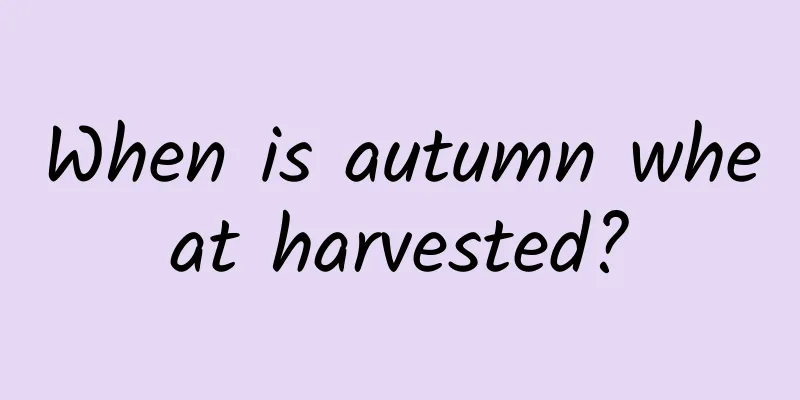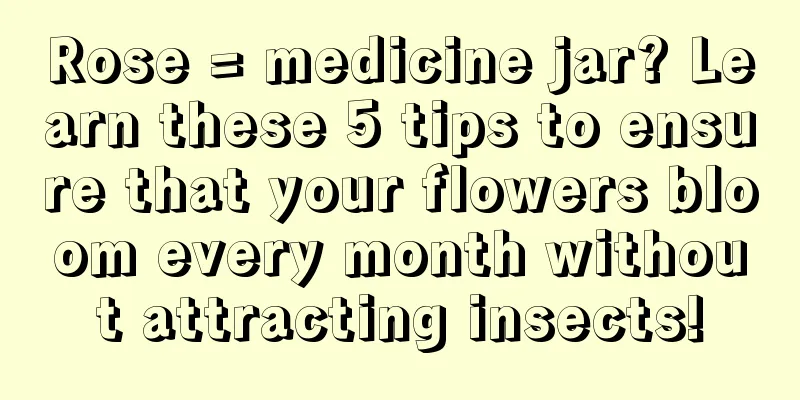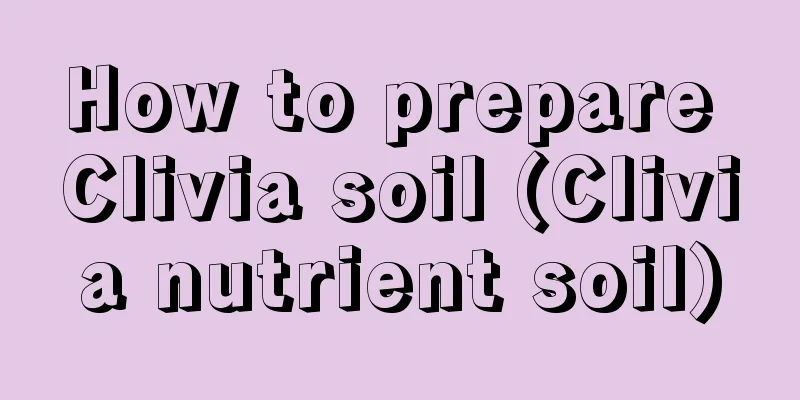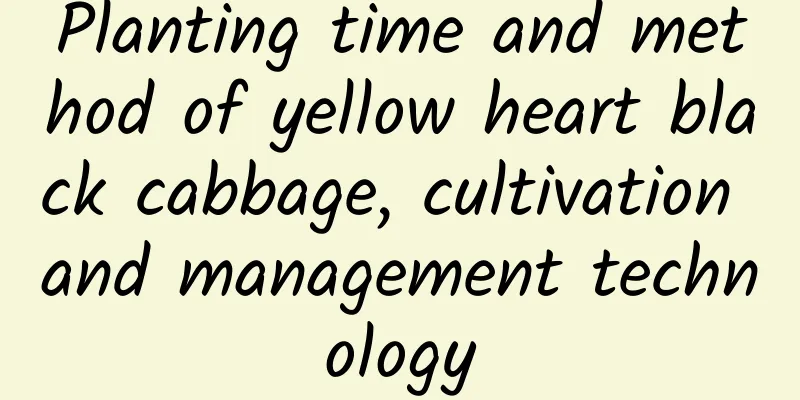Brown spot disease of Polygonum erythrorhizon and its control
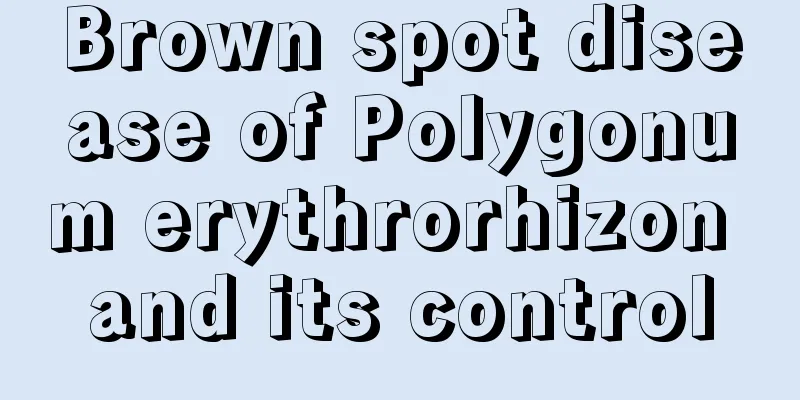
Symptoms of brown spot disease of Polygonum erythrorhizomeBrown spot disease is a common disease of Polygonum multiflorum. Generally, if brown spot disease occurs, it will appear on the leaves. Spots will appear on both sides of the leaves. Most of them are circular or quasi-circular patches. In severe cases, black mold will appear, which is the fungal spores. The brown spot disease of Polygonum erythrorhizome is mostly caused by a fungus commonly known as Polygonum cercosporum. This fungus gathers on both sides of the leaves of Polygonum erythrorhizome, produces spores and continuously divides, making the disease worse. Conditions for the occurrence of brown spot disease of Polygonum erythrorhizonThe brown spot disease of red polygonum is caused by the fungus Cercospora. For this disease to occur, the first thing needed is suitable conditions for the growth and reproduction of the fungus. Generally, Cercospora will overwinter in the diseased remains of the infected red polygonum in the form of mycelium. In the spring of the following year, as long as the environmental conditions are suitable for the growth of Cercospora, it will begin to grow and reproduce, producing a large number of spores, which will then be spread with the help of natural wind, rain, or watering. Sometimes secondary transmission may occur, increasing the chance of infection of the plant. Note that in North China and Northeast China, brown spot disease may occur in August. Prevention and control methods of red Polygonum brown spot diseaseBefore the brown spot disease occurs, the diseased residues remaining in the plants can be removed in late autumn and early winter to reduce the root causes of the disease and reduce the occurrence of brown spot disease. In the early stages of black spot disease, drug treatment can be adopted. Spraying 1500 times diluted 50% benomyl wettable powder can have a certain preventive effect. |
<<: Gray mold of Prunus armeniaca and its control
>>: Viola yedoensis leaf spot disease and its control
Recommend
When to sow greens
1. Sowing time Green vegetables can be sown in sp...
What flowers are suitable for growing in Jingdezhen? What are the city flowers and trees?
1. Climate characteristics of Jingdezhen Jingdezh...
Are roses poisonous?
Is it toxic? Rose flowers come in different sizes...
Cultivation methods and precautions of boxwood
1. Breeding methods 1. Water: It needs more water...
Cultivation methods and precautions of red back laurel
Cultivation method of red back laurel temperature...
Can peonies be planted in northern courtyards (how to manage peonies in northern courtyards over the winter)
Peonies can be planted in the north of China . Pe...
How to treat yellowing of lucky bamboo leaves and what to do if the leaves wither
1. Reduce light Reason: It is a shade-tolerant pl...
The efficacy and function of geranium
1. Calm and sleep Geranium contains calming ingre...
How to remedy the problem of rubber tree leaves turning yellow and falling off?
The rubber tree is an evergreen woody foliage pla...
How to grow single-headed garlic to achieve high yield and quality?
Single-headed garlic is a relatively unique varie...
How often should you water your cherry trees?
How often should you water your cherry trees? Gen...
The difference between iris and iris
The difference between iris and iris flowers Flow...
How to grow green radish
The green radish is evergreen all year round, and...
She grows succulents on the balcony, with 100 pots densely packed together. They look much better than those in the yard!
The goddess' flesh The girl in the picture is...
Disease and Pest Control of Tiger Pineapple
Main diseases If the plant suffers from heart rot...

